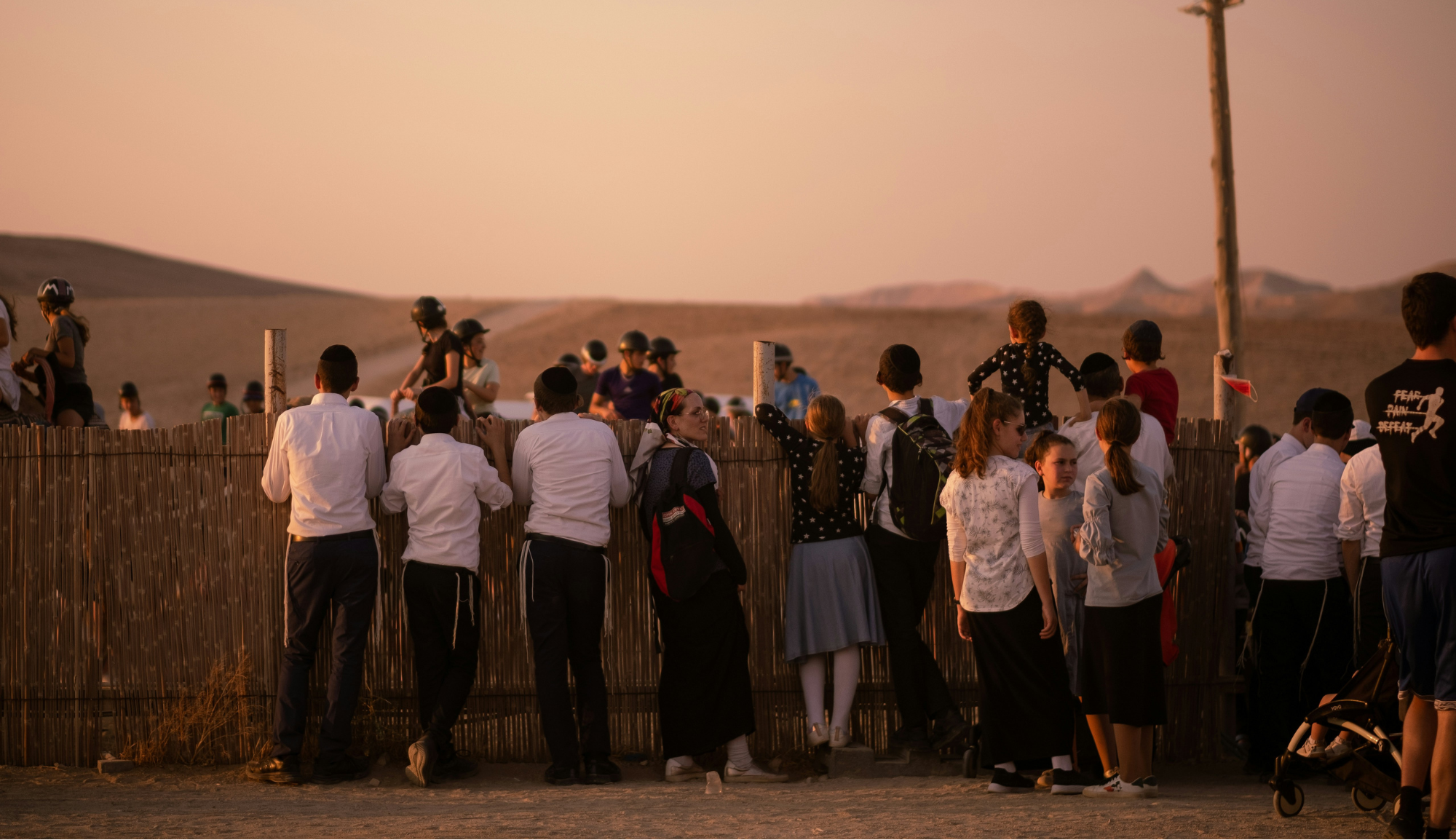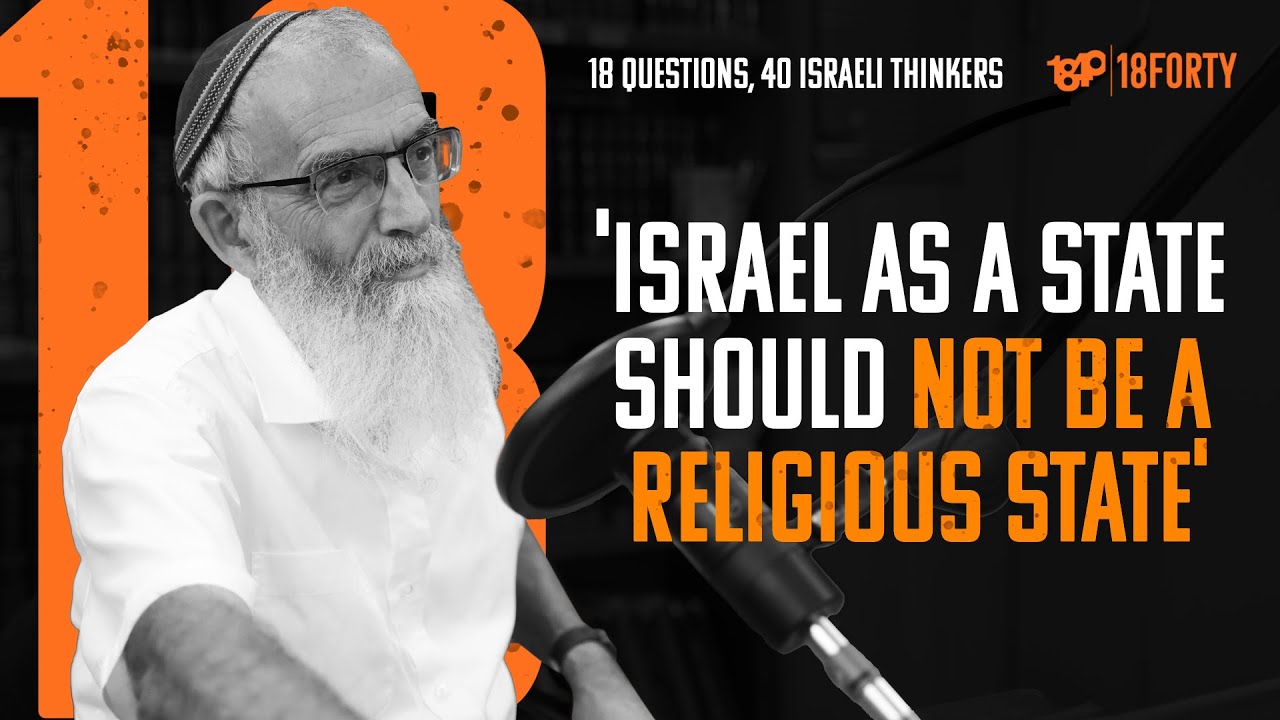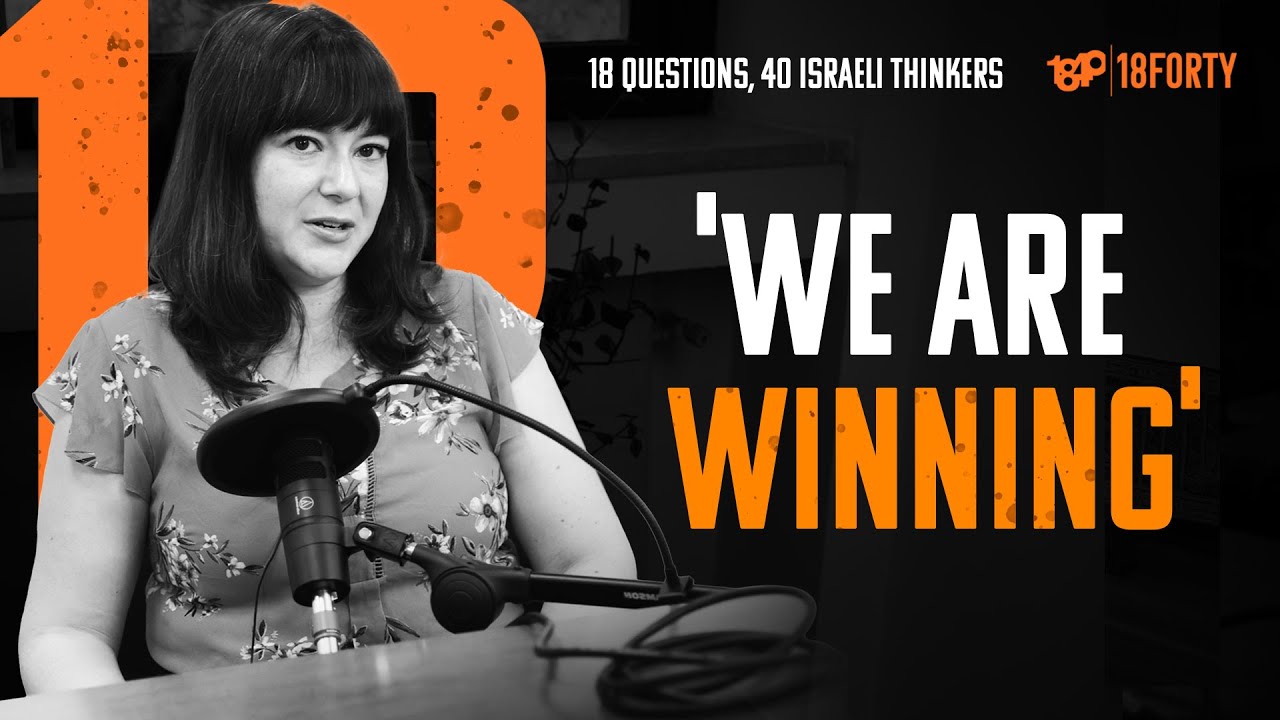In 1976, Tradition published a controversial essay exploring what would happen to Judaism if, God Forbid, the State of Israel ceased to exist. They amended the following editorial note above the piece:
Although the editors at TRADITION regard the State of Israel as a pivotal instrumentality for the survival of Judaism in the modern world, they deem it important to open the pages of this journal for the discussion of controversial positions.
Given the prominence Israel plays in Jewish life, identity, and peoplehood today, 18Forty is republishing this piece to deepen our conversations on Israel & Diaspora. Engaging this question and this essay—now almost 50 years ago—will allow us to more fully appreciate the role Israel plays in our lives today.
Below, you can find the piece, “Could Judaism Survive Israel?” as well as responses to its publication.
And I will turn the captivity of my people Israel, and they shall build the waste cities, and inhabit them; and they shall plant vineyards, and drink the wine thereof; they shall also make gardens, and eat the fruit of them. And I will plant them upon their land, and they shall no more be plucked up out of their land which I have given them, said the Lord thy God.
Amos 9: 14.15.
Then will I cause to cease from the cities of Judah, and from the streets of Jerusalem, the voice of mirth and the voice of gladness, the voice of the bridegroom and the voice of the bride; for the land shall be desolate.
Jeremiah 7:34.
Given the current political situation and a number of quite conceivable, though horrific, eventualities, the State of Israel could be destroyed and its people massacred. Among the many facts made devastatingly clear by the Yom Kippur War and events subsequent, this one has been systematically disregarded, almost as a matter of faith, by major Jewish publications and spokesmen. Even the Arabs, formerly so vocal in their call for the annihilation of the State of Israel, have, now that that possibility is quite real, ceased their apocalyptic clamor. Our refusal to consider the possibility is quite understandable, given our psychological dependence on Israel; it is also quite shortsighted. In light of the trauma the destruction of the State would cause, it is imperative that every contingency be examined, imperative that a realistic evaluation be undertaken, if for no other reason than to objectify the importance of Israel in our minds.
Many factors now make the destruction of the State of Israel as a political entity a distinct possibilty: the emergence of the Arab countries as political sophisticates with modern and mature fighting forces; the introduction of weapons with nuclear capability into the Arab armed forces; the apparent willingness of the Soviet Union to go to any lengths to avoid a miltary embarrassment; the weakened American Presidency which has staked all on détente and is no longer capable of standing alone against an increasingly hostile world; the clear demonstration that the United Nations, when it is not totally ineffectual, is a force inimical to the survival of the State of Israel; the not altogether surprising, though certainly discouraging, fact that the European countries, motivated by ancient rivalries and threatened by economic disasters, can be bought relatively cheaply.
But it is not only the dire possibility that makes a discussion of it vitally important. It is the recent tendency to identify the State of Israel with the whole of Judaism. This identification has only become a universal postulate since the Six-Day War. As late as 1957, after the victorious Sinai campaign, Nathan Glazer, one of our more astute social scientists, could write, “Israel has meant almost nothing for American Judaism specifically. . . the idea that Israel, now that it is established, could in any serious way affect Judaism in America, or Judaism in gèneral, is recognized as largely illusory.”I And Howard Morley Sachar, though he saw the American Jewish community “continuously strengthened by close and intimate ties with the State of Israel,” which he described as “doughty and courageous,” nevertheless viewed Israel as a great source of inspiration, not as a sine qua non of Jewish existence. But now, writers make no effort to hide their apparent belief that American Jews and Judaism are merely supporting characters in a future history which will center on Israel. More, we are told that the only reason for enriching the quality of Jewish life in America is to provide a more capable supporting cast.
This is an excerpt. Read the full piece on Tradition here.
This essay was originally published in 1976 as “Could Judaism Survive Israel?”





































